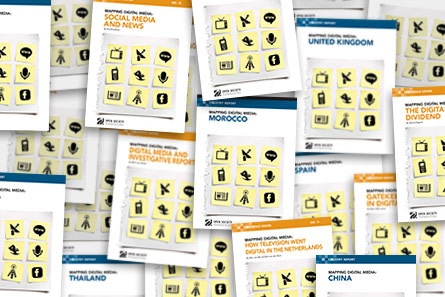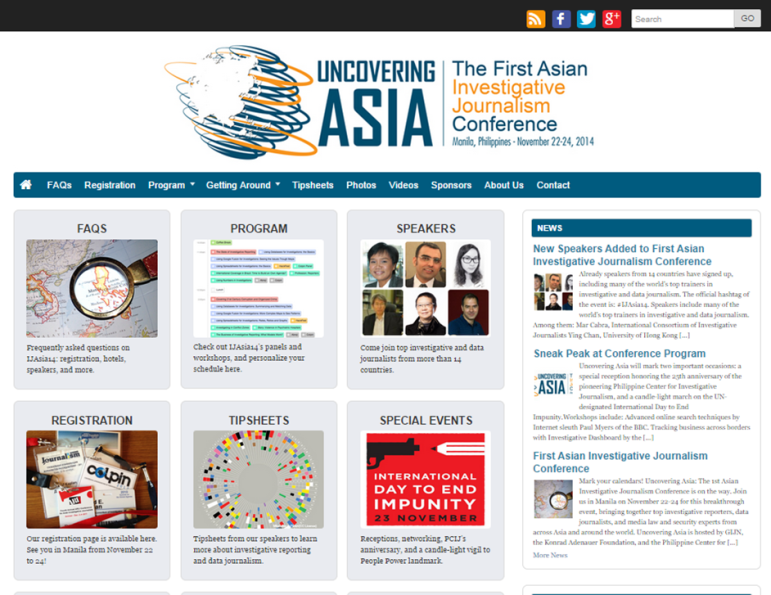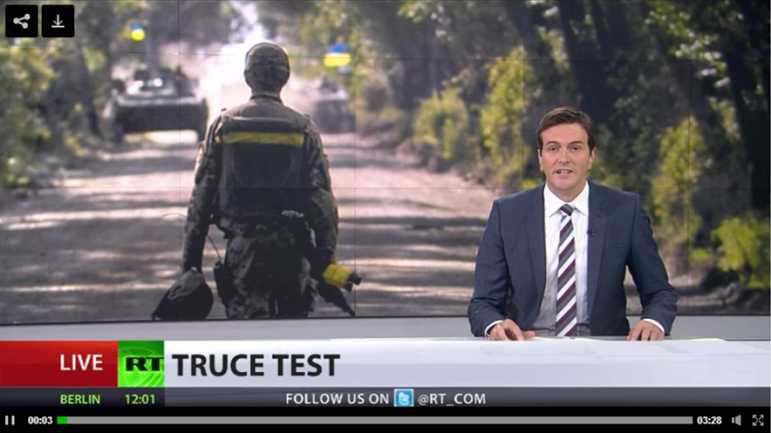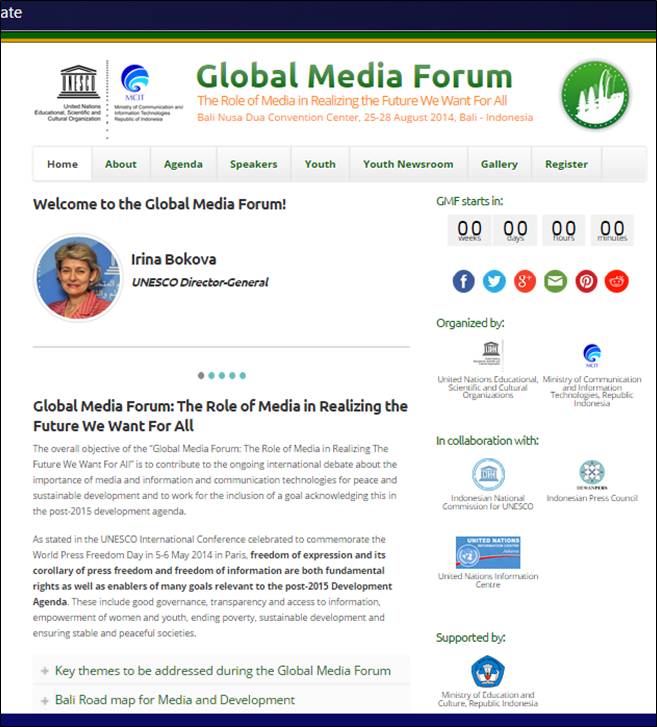Resource
Mapping the World’s Digital Media
Digitization has been one of the main drivers behind the changing nature of journalism as it affected news values, professional ethics, workflows, working conditions and newsroom management. On the positive side, it tremendously improved access to information and dissemination channels, but is this ever-more-connected world a better place for independent journalism? The digital switch-over has produced an unprecedented crisis in the supply of public interest journalism— in journalism that is independent, contextual, accountable, and relevant to citizenship.








